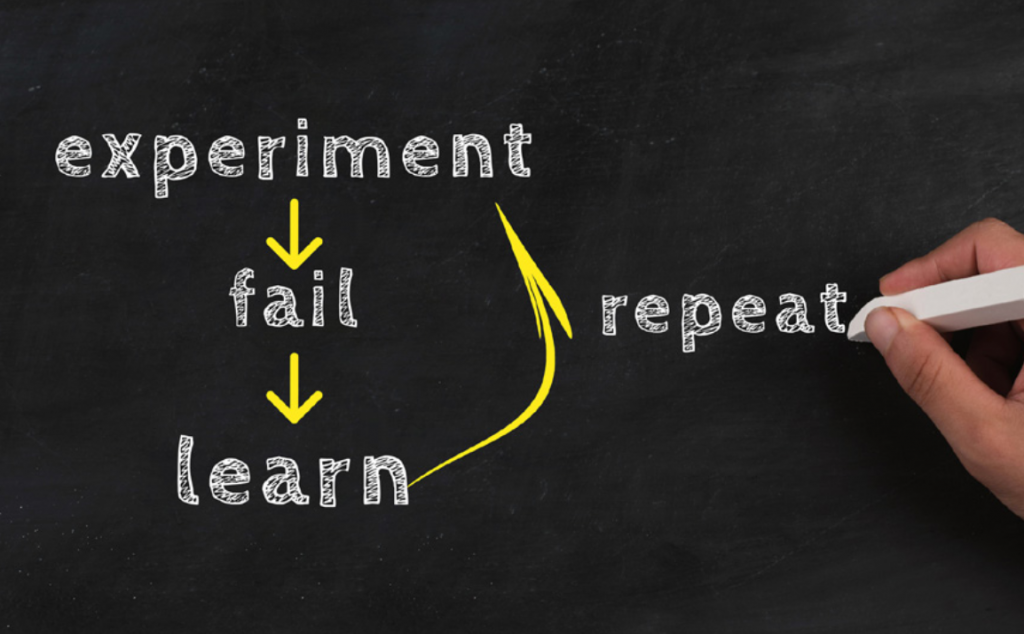Recent research indicates that the development of grit and growth mindset is crucial for academic success. Several studies have found a correlation between grit and graduation rates from college. A study published in the Journal of Personality and Social Psychology revealed that students who scored higher on grit measures were more likely to graduate from college, even after controlling for factors such as SAT scores, family income, and parental education. In addition, a study published in the Journal of Educational Psychology found that students with a growth mindset were more likely to improve their grades over time than those with a fixed mindset.

A meta-analysis of 113 studies published in the Review of Educational Research also found that interventions that promote a growth mindset led to significant improvements in academic performance, particularly for students from disadvantaged backgrounds. Further, a study conducted by the Department of Psychology at the University of Pennsylvania found that students who received instruction in grit and growth mindset were more likely to improve their grades and attendance and less likely to drop out of school. The Organization for Economic Co-operation and Development (OECD) has also found that students who exhibit greater perseverance and motivation tend to perform better in school, regardless of their socioeconomic background.
These studies and statistics suggest that the development of grit and growth mindset is essential for academic success. Grit and growth mindset can lead to improved grades, graduation rates, and overall academic performance. By emphasizing these concepts in the classroom, students are empowered to overcome challenges and strive towards their goals. Choosing a program like Persist Kids provides students with the tools they need to achieve academic success.
Duckworth, A. L., Peterson, C., Matthews, M. D., & Kelly, D. R. (2007). Grit: perseverance and passion for long-term goals. Journal of Personality and Social Psychology, 92(6), 1087–1101. https://doi.org/10.1037/0022-3514.92.6.1087
Dweck, C. S. (2006). Mindset: The new psychology of success. Random House.
Yeager, D. S., Paunesku, D., Walton, G. M., & Dweck, C. S. (2013). How can we instill productive mindsets at scale? A review of the evidence and an initial R&D agenda (No. 13-3). Stanford University, Stanford, CA.
Farrington, C. A., Roderick, M., Allensworth, E., Nagaoka, J., Keyes, T. S., Johnson, D. W., & Beechum, N. O. (2012). Teaching adolescents to become learners. The role of noncognitive factors in shaping school performance: A critical literature review. University of Chicago Consortium on Chicago School Research.OECD. (2012). PISA 2012 results in focus: What 15-year-olds know and what they can do with what they know. OECD Publishing. https://doi.org/10.1787/5k9fd56f-en




